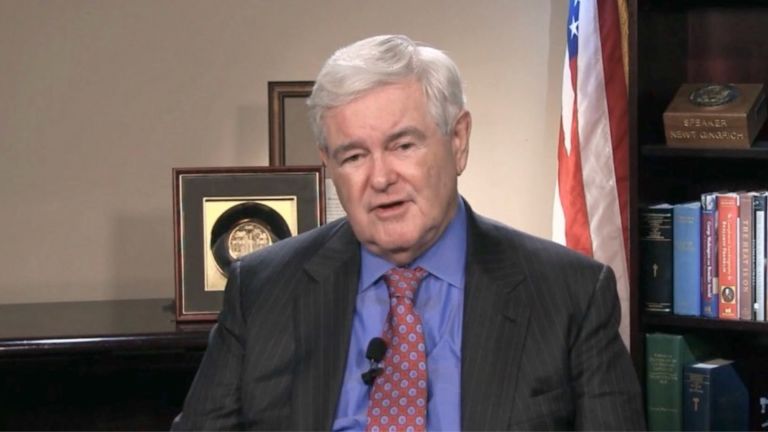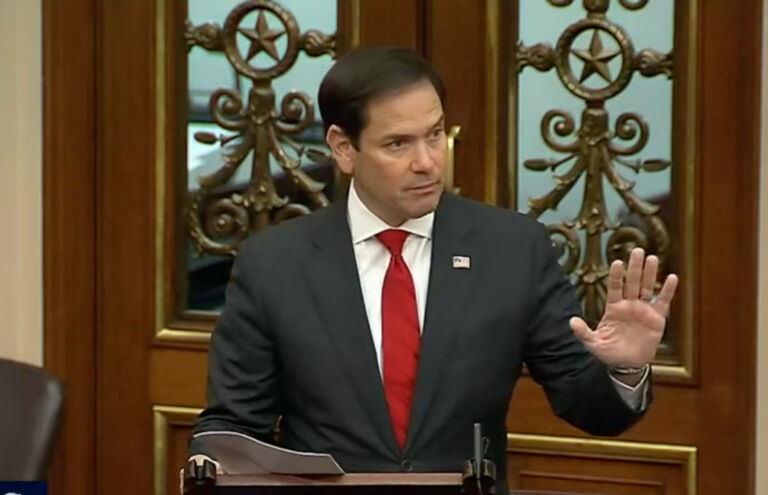Benjamin Storey and Jenna Silber Storey ponder conservatives’ impact on study of the humanities.
For the first time in decades, certain parts of the long-suffering humanities are a growth sector in higher ed. Even more surprisingly, this expansion is being driven by state legislatures and governing boards dominated by Republicans.
At public colleges in red and purple states like Arizona, Florida, Mississippi, North Carolina, Ohio, Tennessee, Texas, and Utah, about 200 tenure- and career-track faculty lines are being created in new academic units devoted to civic education, according to Paul Carrese, founding director of the School of Civic and Economic Thought and Leadership (SCETL) at Arizona State University. These positions are being filled by faculty members trained in areas including political theory, history, philosophy, classics, and English. Since there are only about 2,000 jobs advertised in all those disciplines combined in a typical year, the creation of 200 new lines is a significant event.
Because a political party intensely critical of higher education has backed the founding of those programs, some worry that they will debase academic standards, subject intellectual life to political imperatives, and constrain teaching within certain ideological limits. Others hope that this burst of hiring might help colleges better prepare students for civic life and rebuild interest in the humanities.
Criticism of these new programs is both understandable and premature. Most of them have just been founded and have yet to demonstrate exactly how they intend to fulfill the mandates that have set them in motion. They have not had time to create a track record by which they might be judged, and they will each develop in different ways. For now, understanding the motivations of the faculty members who join them may be the best way to discern where those programs are headed. Who are the academics working in these programs? Why have they moved from other colleges? How do they think about their responsibility to the legislative mandates that created these projects?


